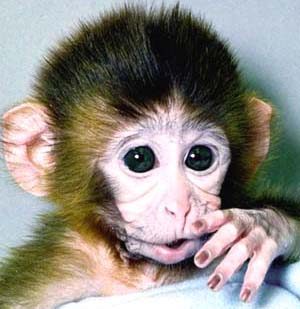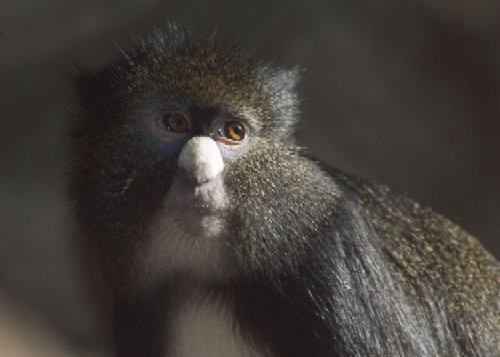What do you call a female that screams for the men, only to keep quiet from the other women so she can have all the men to herself? Normally the word “whore” would spring to mind. Well, that’s exactly what female chimps do in the wild. And depending on the male, she’ll go wild for high ranking males while barely making a peep for lowly joe shmoes. From Science News:
When a chimp has sex in the forest, will she make a sound?
Depends in part on who’s listening, literally, says a scientist who has spent months recording chimp sex sounds in the wild.
With lots of other females within earshot, a female chimp typically doesn’t give a call, says Simon Townsend of the University of St. Andrews in Scotland. With a largely male audience, though, she’s more likely to give what primatologists call copulation squeaks or screams.
And partners matter. Even if she is not fertile, she’s more likely to vocalize when she’s with a high-ranking male than with some low ranker. The benefit of this strategy could be that she avoids attacks from other females while confusing males about who’s going to be the dad, Townsend and his colleagues propose in the June PLoS ONE.










